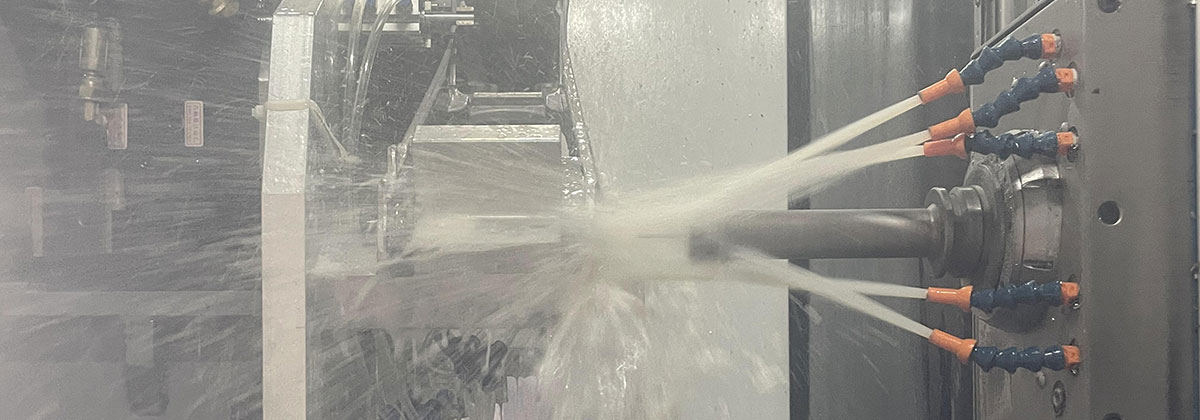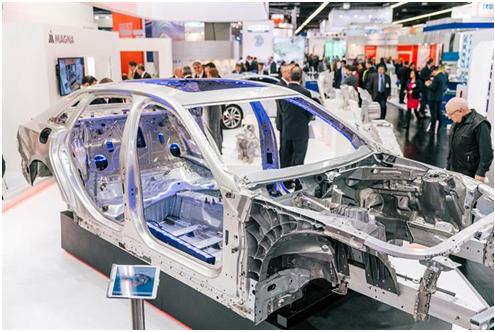Introduction
In recent years, the demand for lightweight and durable materials has significantly increased in various industries such as automotive, aerospace, and electronics. Magnesium die casting has emerged as an innovative solution to meet these requirements. This article explores the advantages of magnesium die casting and its contribution to manufacturing excellence.
Advantages of Magnesium Die Casting
1. Lightweight: Magnesium is the lightest structural metal, offering a high strength-to-weight ratio. This characteristic makes it an ideal choice for applications where weight reduction is critical, such as in the automotive industry. By utilizing magnesium die casting, manufacturers can reduce the overall weight of their products without compromising on strength or performance.
2. High Dimensional Accuracy: Magnesium die casting enables the production of complex and intricate parts with high dimensional accuracy. The molten magnesium alloy is injected into a die under high pressure, ensuring precise replication of the die cavity. This level of accuracy eliminates the need for extensive post-processing, saving time and cost in the manufacturing process.
3. Superior Mechanical Properties: Magnesium alloys possess excellent mechanical properties, including high strength, stiffness, and impact resistance. These properties make them suitable for applications that require structural integrity and durability, such as aircraft components and power tools. With magnesium die casting, manufacturers can produce parts with consistent mechanical properties, ensuring reliability and performance.
4. Enhanced Thermal Conductivity: Magnesium has exceptional thermal conductivity, allowing for efficient heat dissipation in electronic devices, thermal management systems, and automotive components. By using magnesium die casting, manufacturers can optimize the thermal performance of their products, preventing overheating and improving overall reliability.
5. Good Electromagnetic Shielding: Magnesium alloys exhibit excellent electromagnetic shielding properties, making them ideal for electronic enclosures and communication devices. The use of magnesium die casting enables the production of complex shapes with integrated shielding features, ensuring reliable protection against electromagnetic interference (EMI).
Contribution to Manufacturing Excellence
1. Cost-effective Production: Magnesium die casting offers cost-effective production due to its high material efficiency, low energy consumption, and minimal waste generation. The process allows for high production rates, reducing labor costs and increasing overall manufacturing efficiency. Additionally, the lightweight nature of magnesium reduces transportation costs and fuel consumption.
2. Design Flexibility: Magnesium die casting provides designers with greater freedom and flexibility in creating intricate and lightweight designs. The ability to produce complex shapes with thin walls and fine details allows for innovative product designs, leading to improved aesthetics and functionality. This design flexibility gives manufacturers a competitive edge in the market.
3. Sustainable Manufacturing: Magnesium is a highly recyclable material, with a recycling rate of over 90%. The use of recycled magnesium in die casting further reduces the environmental footprint of manufacturing processes. Additionally, the lightweight properties of magnesium contribute to lower carbon emissions during transportation and usage, leading to a more sustainable manufacturing industry.
Conclusion
Magnesium die casting offers significant advantages in terms of weight reduction, dimensional accuracy, mechanical properties, thermal conductivity, and electromagnetic shielding. Its contribution to manufacturing excellence lies in cost-effective production, design flexibility, and sustainable manufacturing practices. As industries continue to demand lightweight and durable materials, magnesium die casting will play a vital role in meeting these requirements and driving innovation in manufacturing processes.
-

- Bicicleta deportiva para niños populares Bicicleta de equilibrio para niños de alta calidad Bicicleta para niños
-

- Componentes de tixomoldeo de aleación de magnesio
-

- Bicicleta eléctrica Aleación de magnesio 12 pulgadas Rueda integrada 36v10ah Ciclomotor eléctrico
-

- Piezas y componentes fundidos a presión OEM
-

- Customized foundry products high precision die-casting parts for e-bike integrated frame
-

- Soporte de tablero automático de mecanizado CNC

 0086-750-5616188
0086-750-5616188 +86 13392089688
+86 13392089688 sales@zhongmei-tech.com
sales@zhongmei-tech.com








